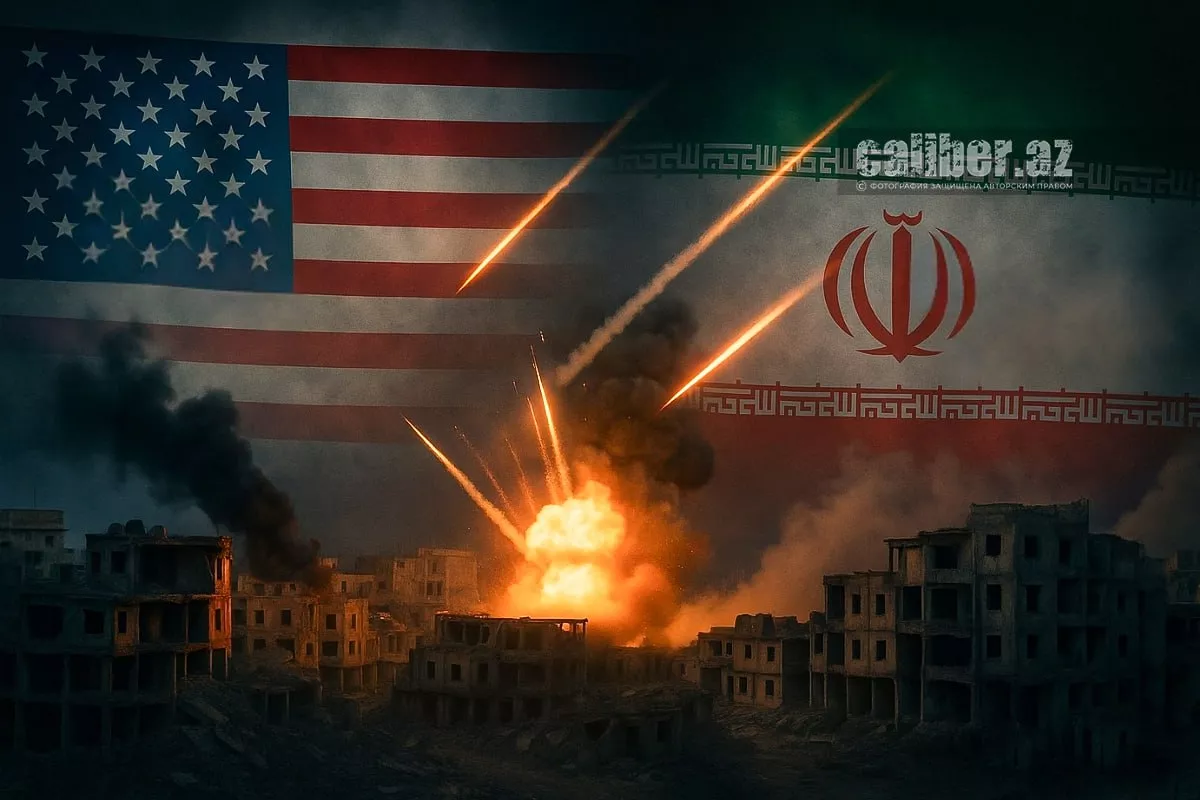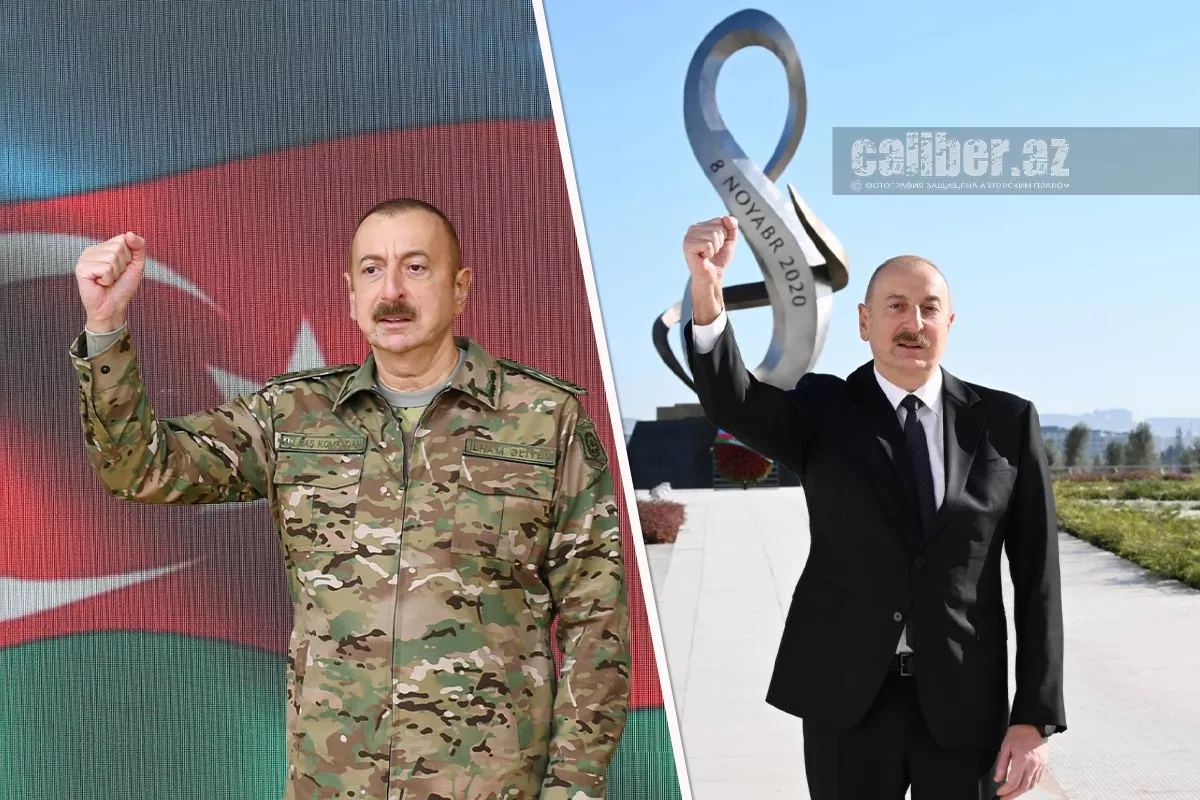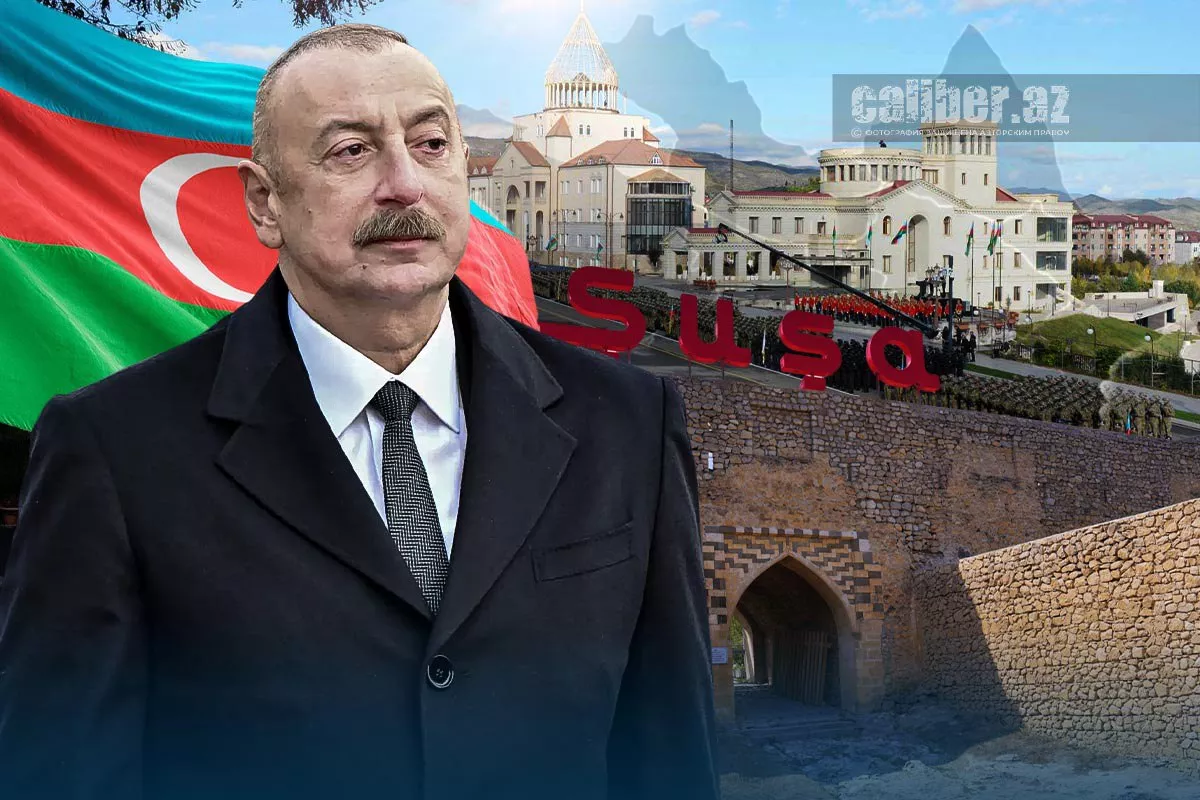A rare resource of victory On modern wars and their winners
The military conflict between Israel and Iran — or rather its latest escalation — has come to an end. U.S. President Donald Trump wrote about this on his social network Truth Social, linking the cessation of the war to the triumphant flight of the legendary B-2 bombers and the bombing of the nuclear facility in Fordow. It seems that Washington and Tel Aviv can now breathe a sigh of relief.
At the same time, upon closer examination, it can be stated that there are no clear winners or losers in this war, although each side claims victory. Israel managed to demonstrate the power of its armed forces and, most importantly, its intelligence, destroying the main parts of Iran’s air defence and air force, a significant portion of launchers and long-range missiles, as well as several senior military leaders of the Islamic Republic of Iran and nuclear scientists. However, Israel, even with the help of the United States (more on that below), did not manage to completely destroy Iran’s nuclear program. The Jewish state also failed to eliminate the desired number of cruise and ballistic missiles threatening it — the number of precision munitions was running low, and the U.S. did not replenish this arsenal, ending the war on its own terms.

Iran, of course, suffered a fiasco as a contender for the role of regional hegemon — its so-called "Axis of Resistance" is in chaos and disarray. However, it managed to preserve the main thing — the theocratic regime did not fall, as, for example, Israel would have liked. Most importantly, claims about the collapse of Iran’s nuclear program turned out to be premature.
In fact, Iran’s proxies could be seen as a sort of ballast that the Islamic Republic was ready to sacrifice at the last moment — as long as Iran itself and the key attributes of its statehood, which likely include the nuclear program, were left untouched. American media outlets publish reports stating that Iran will be able to restore its military nuclear program within not even years, but months.
There is a strong temptation to say that the only winner in this war is the United States. However, this also raises several questions. In particular, America’s reputational gains remain doubtful — the dramatic heavy bomb strike on the bunker in Fordow brought an end to the war, but not to Iran’s nuclear program, while Iran’s retaliatory strike on the American base, although considered by many experts to have been a deal, scored more points for Iran. After all, if you are considered worthy enough to be allowed to save face, it means you still matter.
In general, it turned out to be a strange war. However, calling it that, we should still make a reservation — perhaps such a war is actually quite normal, and what is strange, or rather anachronistic, is our very notion of war, according to which there must be a clear winner at the end.
Events of this kind give reason to reflect on what the term “victory” really means today. In modern political science, one increasingly encounters the thesis that the concept of an “absolute victory” belongs to the realm of myth. Even during the First World War, the French Prime Minister Aristide Briand said that “in modern war there is no victor… and the burden falls equally on both the winner and the vanquished.”
In Israeli military doctrine, the term “mowing the grass” has long become commonplace, where the goal of a military operation is not to crush the enemy but to make it temporarily safe. A state acting in this way is likened to a careful gardener tending a garden. Wars of recent years increasingly resemble such mowing of the grass, often on both sides. The underlying conflict is not resolved, and the warring parties get a breather. From this point of view, the breather itself is already a victory, as it gives each side a chance to make use of it.
Does this mean that the world has recently seen no full victories? No, sometimes that also happens. And one of the most striking such episodes was Azerbaijan’s complete victory over Armenia. For the analysis of this victory, it is convenient to divide the war into two time-separated stages — the 44-day war of 2020 itself and the counter-terrorist operation of September 19–20, 2023.

The 44-day war ended with the defeat of the main Armenian forces and the encirclement of the remnants of the Armenian army, as well as the liberation of most of the occupied territories, including the key strategic settlement — the city of Shusha. At the same time, the deployment of Russian peacekeepers in the “grey zone” of the Karabakh region temporarily delayed the full restoration of Azerbaijan’s sovereignty over its entire territory. This fact gave some commentators, especially foreign ones, reason to describe Azerbaijan’s victory in the war as relative.
Meanwhile, Azerbaijan’s President Ilham Aliyev confidently declared that the Azerbaijani flag would fly in Khankendi. Aliyev repeatedly proved that he knows when and what needs to be done. In this sense, there was no despair in Azerbaijani society regarding the prolonged freezing of the conflict. The people believed their leader—and rightly so. The lightning-fast counter-terrorist operation in September 2023 put an end to the remnants of the separatist regime and drove the remaining parts of the occupying army back home.
But even after this, sceptics and cynics continued to actively doubt — claiming that Russian peacekeepers were still in Karabakh and would not leave. However, this too soon happened. From April to June 2024, the columns of the Russian peacekeeping forces withdrew from Azerbaijani territory. There are no foreign soldiers left on Azerbaijani soil. The fundamental contradictions were resolved.
Could it have been otherwise? Certainly. With less skilful politics from Baku, the hidden pitfalls could have turned into insurmountable obstacles, and the phrase "Karabakh conflict" would have continued to irritate generations of Azerbaijanis.

In this spirit, President Ilham Aliyev spoke during his address at the commissioning ceremony of a residential complex built in the village of Sugovushan in the Aghdara district in March this year: “It is evident that not all countries are able to secure their interests, especially their just interests. Some are fighting for their territorial integrity but fail to achieve meaningful results, or manage small-scale military successes but cannot secure a complete victory. If we examine the clashes, conflicts, and wars happening in the world today, and consider the wars of recent history, I can confidently say that no one has achieved a victory as clear and decisive as Azerbaijan's after the Second World War.”
In this regard, we must emphasise that the exceptional military, political, and diplomatic leadership of Azerbaijan’s government, headed by President Ilham Aliyev, has become a resource that many other actors in international politics do not possess.
Now, the task of the country is to channel this rare resource towards an equally important goal — preserving the Great Victory.








